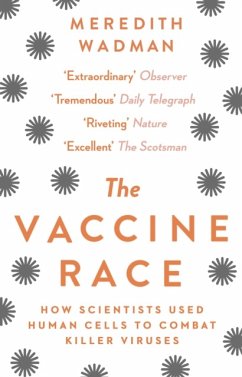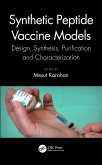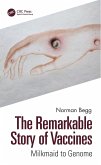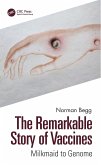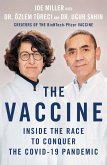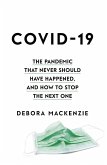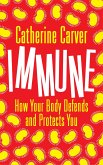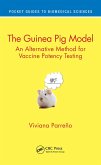Until the late 1960s, tens of thousands of children suffered crippling birth defects if their mothers had been exposed to rubella, popularly known as German measles, while pregnant; there was no vaccine and little understanding of how the disease devastated foetuses. The is story of a major breakthrough in cell biology.

